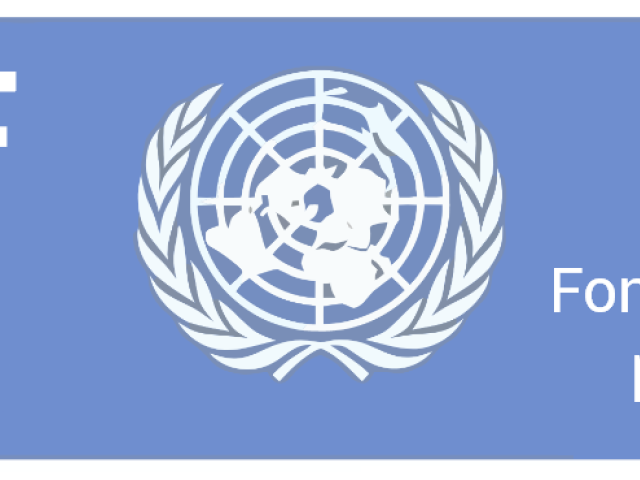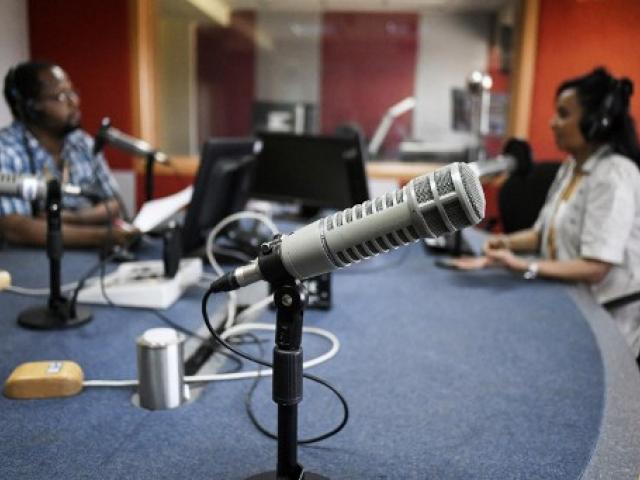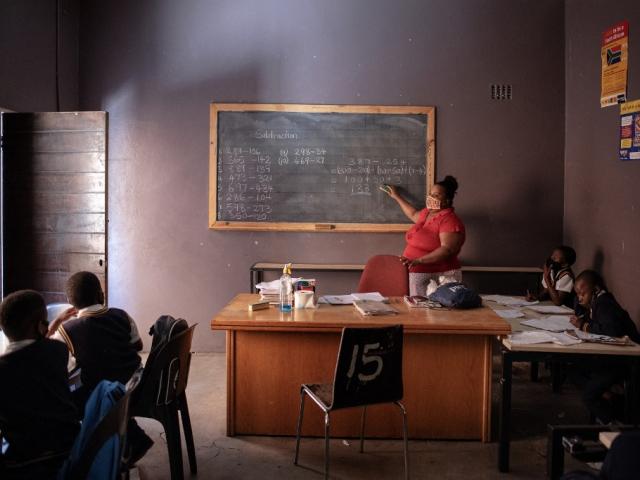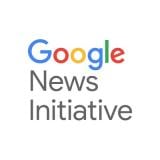The Covid-19 pandemic brought with it an “infodemic” – an outbreak of misinformation with as real an impact as the pandemic itself. The infodemic’s current wave focuses on vaccine misinformation.
Fighting health misinformation is a unique challenge in African countries as they are melting pots of languages, cultures and religions. There is also deep distrust in Western medicine. Such a multifaceted context requires a multifaceted solution to have a significant impact.
The traditional fact-checking approach relies on online platforms to source claims and distribute fact-checks. Fact-checks are often written in official languages and in a conventional long format to provide the context needed for complex issues. But this could mean millions of people are unable to fully benefit from our work due to low levels of internet access, a wide variety of local languages and low adult literacy rates across the continent.
These contextual realities are further compounded because people often don’t have the skills to critically engage with the information they come across. We see radio – the most-accessed mass communication medium in Africa – as the ideal way of connecting with people.
A different way of tackling misinformation
To curb dangerous vaccine and Covid-19 misinformation, we launched an innovative participatory radio initiative in April 2021. The initiative is in collaboration with Theatre for a Change and is supported by the Google News Initiative. It is the first of its kind and uses Interactive Radio Drama, media literacy and experts to change attitudes and behaviour in Nigeria and Senegal.
The shows air weekly on Radio One in Nigeria and Radio Oxyjeunes in Senegal. The shows are titled “On Top Di Matter” in Nigeria and “Diisoo Ngir Aaru” in Senegal. They are in two widely spoken local languages, Pidgin in Nigeria and Wolof in Senegal. By using local languages we can reach audiences who do not necessarily speak English or French, in a deeper and more meaningful way.
The programmes use a participatory approach, expert interviews and media literacy content to empower people against health misinformation. Each one-hour magazine-style programme starts with a pre-recorded radio drama that highlights Covid-19 vaccine misinformation. Listeners are then given a chance to call in and replace a character in the drama to show what they would do differently. Many call in weekly to engage with the cast and say how they would fight misinformation. By playing a role in the drama, listeners have the opportunity to practise fighting misinformation and educate each other.
Still a long way to go but much promise
The shows are becoming more popular, with listeners now able to identify with different characters and sometimes even asking to interact with a specific cast member.
Audience members have told us that they were sceptical of the jab but, since listening to the shows, both they and friends and family have received one or two vaccine doses. Listeners also share how the initiative motivates them to educate and make others aware of misinformation.
Much work has been done so far, but the aim is to increase listenership and make a more significant impact. This would mean seeing more people inoculated against harmful vaccine misinformation by better assessing the content they consume.
Listen on Soundcloud
On Top Di Matter - Nigeria
Diisoo Ngir Aaru - Senegal






Add new comment